While the memories of turkey carving are still fresh in your heads, I wanted to recommend a meaty, hearty horror thriller by Thomas Tessier Shockwaves. It features a serial killer called the Blade who decapitates young women. If you want an an antidote to all this holiday cheer, consider this gem.
Important: this is a reprint of a novel written in the late 1970, so the style reflects the tastes, views and sensibilities of the time. That being said, "Shockwaves" can be extremely stimulating and eye-opening for many modern readers.
There is something to be said for a horror/thriller novel set before the internet or even consumer video recording devices. It closes certain doors and opens others. Imagine a serial killer on the loose in a time before cell phones, security cameras or alarm systems. It would take a different forensic process to apprehend and convict the killer. Thomas Tessier's novel "Shockwaves" is set in the 1970s, when the novel was originally written. That would make some of the main character's decisions a little less shocking. Most modern young women would not drop out of college to marry a much older man and settle into what looks to be conventional domesticity. In a girl nowadays dropped a bomb like that, she would encounter some resistance from her friends and family. Also, modern politicians do not consider it beneficial to their image to marry 20-year olds with unfinished degrees. It's not good for their image. However, 40+ years ago such a match was not considered terribly gauche. Jackie, the main female character (I hesitate to call her protagonist, as disillusionment does not constitute "character arc" in my book) truly believes that she lucked out when Brooks Matthews, a seasoned lawyer who's been around the block, proposes marriage. Without much agonizing, she decides to leave her familiar world of studies and peers for a very different world of her husband's predatory colleagues and their stiff image-conscious wives. What can possibly go wrong, right?
If you are an English or creative writing major, you will have to tune out your instructor chiding you for "head-hopping" or liberal usage of the third person omniscient. Thomas Tessier does quite a bit of that, and I'm actually grateful for it. His narrative is split in a way that sometimes you feel like you are reading two separate parallel novels. The sequences depicting Jackie's dysfunctional marriage alternate with the sequences of the gruesome murders committed by the Blade. The author gives a human face to each victim, creating miniature universes within the larger universe of the plot. Personally, I like that approach. At the same time, I can see some English majors going over certain passages with the proverbial red pen. I can see some critics saying that the author gives too much attention to people who are going to get killed and not mentioned again, developing their back stories too much. It can be distracting and misleading for some. Again, I don't mind feeling distracted. The author plays with my concentration, with my attention span, throws a few red herrings, thus engaging me even deeper. The author doesn't walk on eggshells for fear of confusing the reader. He also pulls no punches and doesn't soften any blows. He actually goes through with your deepest, darkest fears.
A warning to those who are seeking an empowered, purposeful female protagonist on a mission to change the world. I am not going to say the generic "this novel is not for you". You should still give it a chance, even though you may not get all the elements that you find satisfying. This is not an inspiration or social justice piece. It's not supposed to make you feel good. It's a horror novel about a serial killer targeting young female victims. We're talking naive teenage girls getting butchered. If you can stomach that and suspend your personal need for justice, this novel is an absolute page-turner.


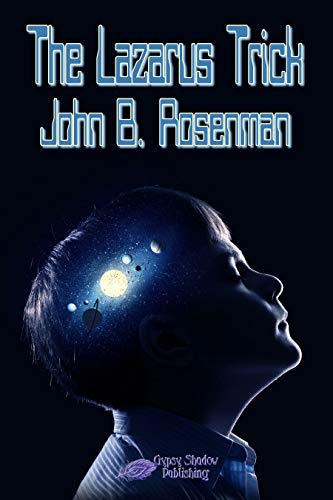
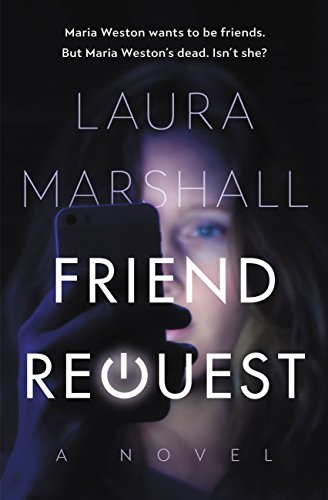


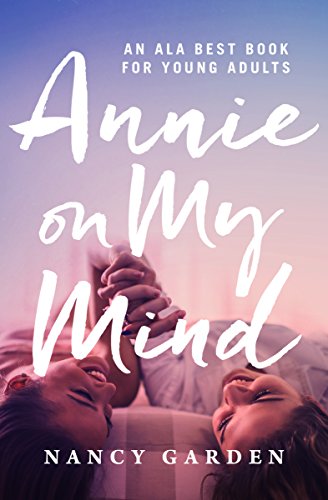




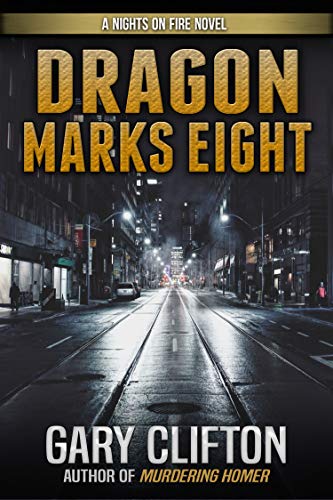
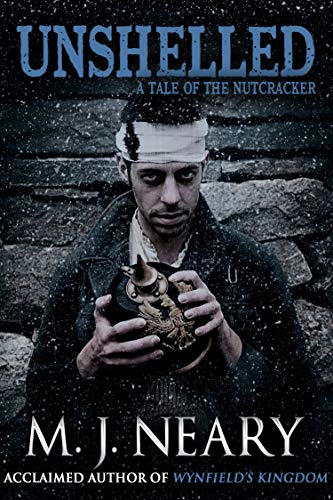
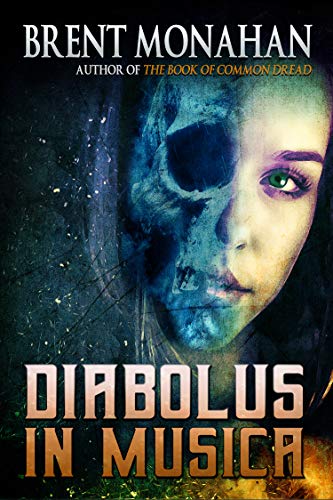
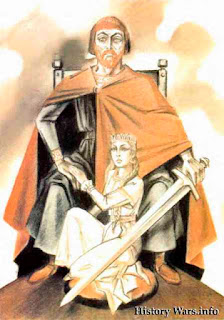

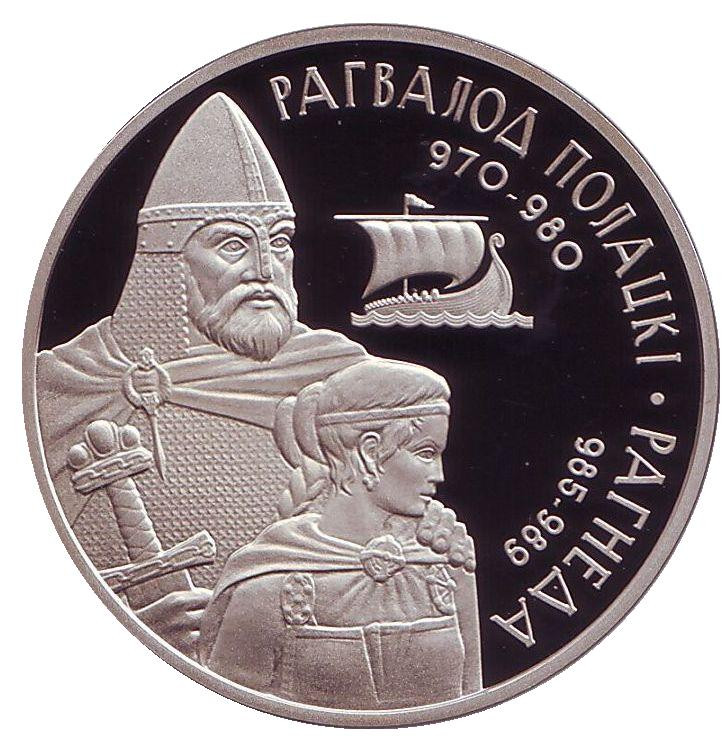
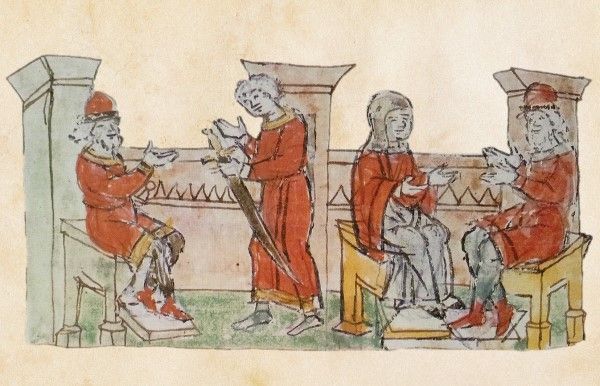




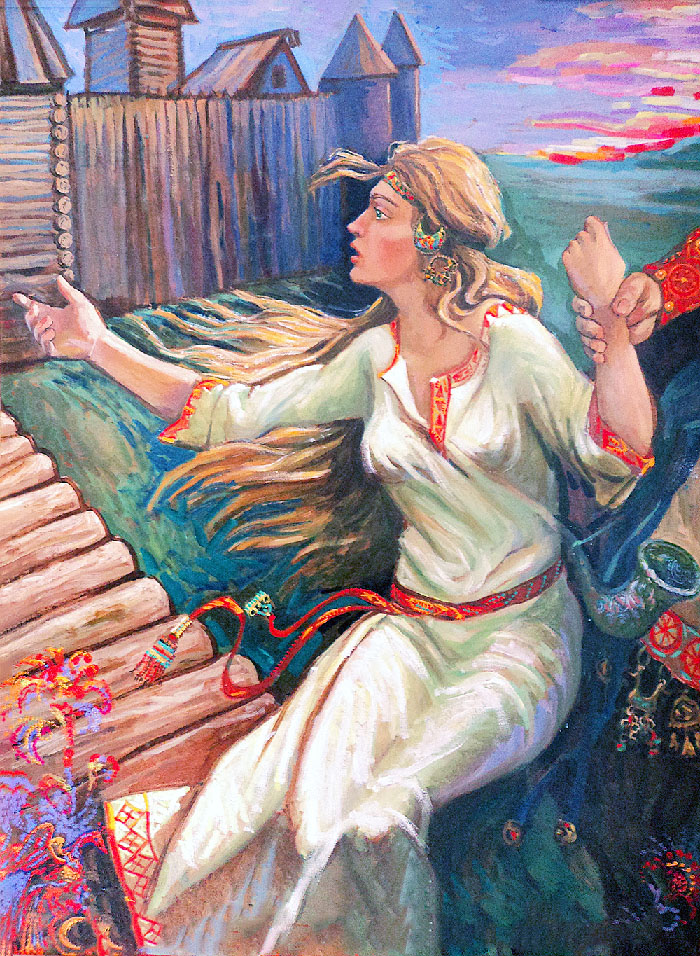


.jpg/220px-Viking_(film).jpg)